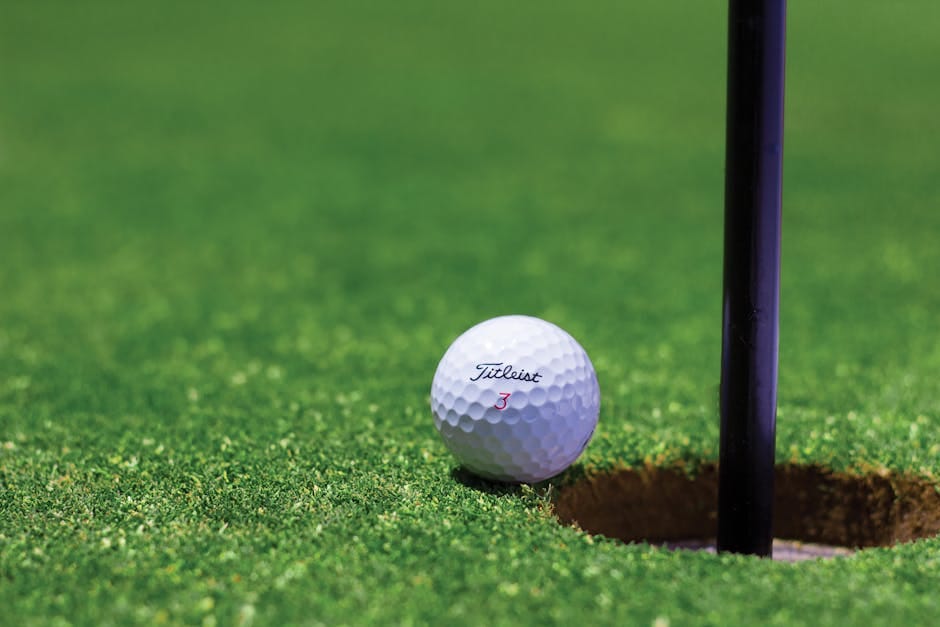Golf is a game of precision and finesse, and the equipment you use can make a significant impact on your performance. One of the most important pieces of equipment is your golf club, and choosing the right club can be daunting if you're new to the game. This guide will provide you with everything you need to know about golf clubs, from the different types to the key factors to consider when making your selection.
**Types of Golf Clubs**
Golf clubs are generally divided into three categories: woods, irons, and putters. Woods are used for long-distance shots, irons are for medium and short-distance shots, and putters are for rolling the ball into the hole. Each type of club has its own unique purpose and design.
**Woods**
Woods are the longest clubs in the bag and are used for hitting drives and long approach shots. They have a large clubhead with a wide face, which provides maximum distance and forgiveness. Woods are typically made of wood or composite materials.
**Irons**
Irons are used for medium and short-distance shots, such as approach shots and chips. They have a smaller clubhead than woods and a narrower face, which provides more control and accuracy. Irons are numbered from 1 to 9, with lower numbers representing longer clubs.
**Putters**
Putters are used for rolling the ball into the hole. They have a short shaft and a wide, flat clubhead, which provides stability and consistency. Putters are typically made of steel or aluminum.
**Key Factors to Consider**
When choosing a golf club, there are several key factors to consider:
* **Loft:** Loft refers to the angle of the clubface. Higher-lofted clubs produce higher shots, while lower-lofted clubs produce lower shots.
* **Length:** The length of the club affects the distance you can hit the ball. Longer clubs produce longer shots, while shorter clubs produce shorter shots.
* **Flex:** Flex refers to the stiffness of the club shaft. Stiffer shafts provide more control, while softer shafts provide more forgiveness.
* **Head weight:** The weight of the clubhead affects the feel and balance of the club. Heavier clubheads provide more stability, while lighter clubheads provide more swing speed.
**Finding Your Perfect Fit**
Finding the perfect golf club for your game requires careful consideration of the factors mentioned above. It's important to visit a golf store and get fitted by a professional who can help you determine the right clubs for your swing and skill level.
Getting fitted ensures that your clubs are properly sized and adjusted to match your specific needs. With the right golf clubs, you'll be able to improve your distance, accuracy, and overall performance on the course.

